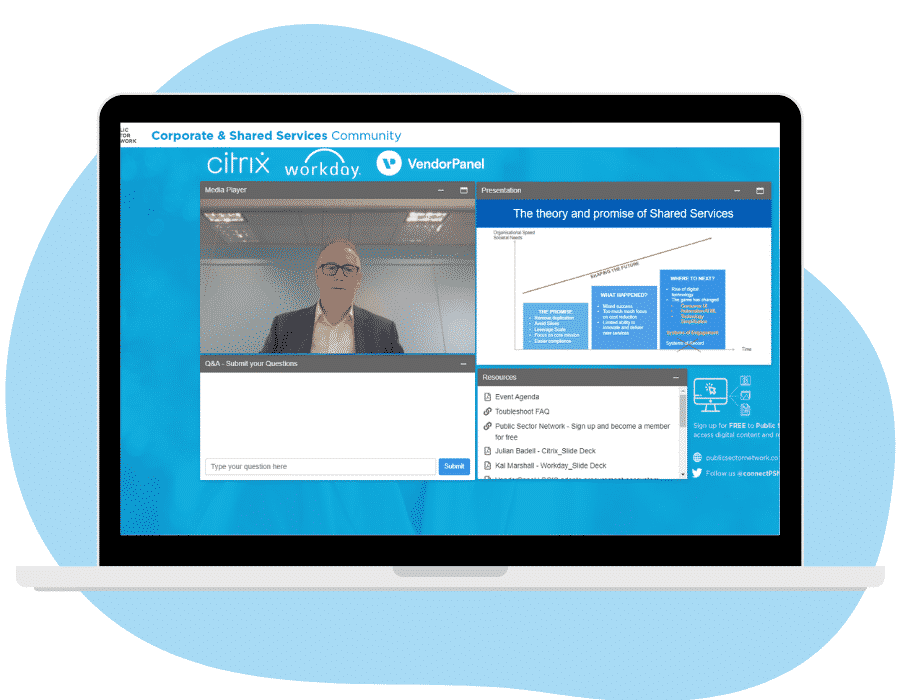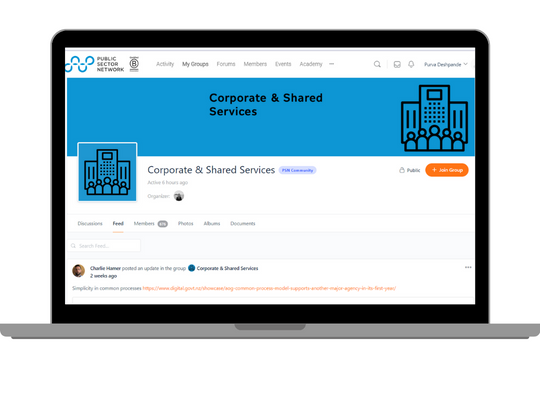
Finance for Non-Finance Professionals
January 22 & 29, 2024 I 10:00 AM – 2:30 PM EST I ONLINE
Training Overview
Finance is the root of how any organization or business makes money, and numbers are its language!
Unfortunately, many key decision-makers and core team members struggle to speak the language of numbers and are making decisions based on assumptions, gut feelings, and a few rules of thumb. In addition, they are heavily dependent on the finance department and accountants without understanding the financial implications of their own decisions, as they believe they are non-finance persons.
In this course – Finance for Non-Finance Professionals, participants will understand how their decision affects the bottom line of their organization/department and that they are finance persons. As the saying goes, “A chain is as strong as its weakest link”. Similarly, an organization is as strong and/or effective as its weakest decision-maker.
The Finance for Non-Finance Professionals course is designed to provide managers and leaders in government who do not have a formal background in finance. The course aims to help participants develop the ability to analyze financial information, make informed decisions, and communicate effectively with finance professionals.
The course will cover topics such as financial statements, budgeting, forecasting, cost analysis, cash flow management, and investment analysis. Participants learn to interpret financial data and use financial analysis tools to make strategic business decisions. They also gain an understanding of financial risk management and the importance of financial controls.
After the end of the course, the participants will have the ability to analyze financial reports irrespective of the size of the data, as they will learn to extract relevant information by processing any financial data with simple, proven steps. This will boost their confidence not only to interact with financial experts but also to make informed-profitable decisions based on facts and not mere assumptions.
This interactive course will be delivered using industry case studies, practical examples, and real-life experiences, and above all, it is intentionally designed to make the subject of finance,
fun to learn.
Remember, good financial management may not always guarantee success, but ineffective
financial management can single-handedly bring down any organization!

Who Should Attend
This course is designed for:
Program Officers, Project Managers, Public Administrators, Legal Professionals, and Healthcare Professionals
Law Enforcement Professionals, Education Professionals, Social Workers, Policy Analysts, Community Safety Officer, and Administration Officers
HR Managers, Procurement & Contract Specialists, and other non-financial staff and Heads of Departments
Learning Outcomes
Understand critical financial numbers and concepts every professional should know
Analyse the three key financial statements – balance sheet, profit & loss statement, and cash flow statement
Understand financial data and make informed decisions that enable identifying financial opportunities and making better investment decisions
Effectively communicate financial information with ease to non-financial stakeholders
Meet Your Facilitator

ASHKAN ALAVIAN
Entrepreneur | Accountant & Financial Educator, MBA
Ashkan Alavian is a dynamic and engaging financial educator known for his ability to captivate audiences while delivering valuable insights on personal and corporate finance, investment strategies, and financial literacy. With a strong background in business and finance and a passion for empowering individuals and entrepreneurs.
Ashkan is dedicated to helping North America and business owners navigate the complexities of the financial world and make informed decisions. With a passion for nurturing financial literacy and mentoring students to excel in their understanding of financial and accounting concepts, Ashkan is a dedicated and experienced financial tutor in North America.
Known for his personalized approach to teaching, he empowers learners to navigate the world of finance with confidence and clarity. With respect to social responsibilities, he has an active role in different communities and non-profit programs to educate and help families become financially independent and set up their personal lives, and take advantage of all available options in the financial industry.
He believes that lack of financial information is the main reason for imposing huge unnecessary costs on individuals, business owners, and the public and private sectors. Ashkan is proud of mentoring hundreds of financial advisors, entrepreneurs, and talents with a passion for guiding them toward success.
He is an accomplished mentor known for their unwavering dedication to helping individuals reach their full potential. He is proud to have passed so many challenges and failures and eventually learned how to jump to the next level and become the best version of himself every day.
Key Sessions
Understanding financial jargon and terminologies
The reason many people find the subject of finance complicated is simply that they lack the basics and have many misconceptions about it. Primarily this session answers the question – Why should I learn finance when there are accountants and financial experts? All misconceptions are clarified, and the basics are explained in simple terms using stories that will create a solid foundation to speak the language of business/organization – Numbers!
- Four types of financial transactions
- Non-finance person is a myth!
- Understanding difference between Finance & Accounting; Credit & Debit; Profit & Money
Reading, understanding, and analyzing financial statements
In any sport, one cannot tell if a team is winning or losing without having the ability to read and understand the scoreboard.
Similarly, in an organization, financial reports are like a scoreboard that tells if it is making more money than spending.
In this session, participants will learn why financial statements are prepared – how they are prepared – and what numbers to look at so that they can make informed profitable business decisions with ease and clarity.
- Profit & Loss Statement
- Balance Sheet
- Cash-Flow Statement
Effective financial management
One of the prime objectives of any organization is to make more money than it spends. However, the challenge is – do non-finance persons know the financial position of the organization? If not, are they making decisions based on facts or mere assumptions without knowing how their decision impacts the bottom line?
- Performing v/s Non-Performing Assets
- Fixed costs v/s Variable costs
- The crucial performance indicators
Communicating numbers through stories
Adults are kids who have grown up. As kids we first learn by touching – seeing colors – then language – and then numbers.
If you do not include some element of fun and story, then the kids in them will not be interested. They might have learned to read and understand numbers, however, many struggle when it comes to communicating them in simple layman’s language.
In the session, insights on how to effectively communicate numbers (data) using a simple model and process will be shared.
Remember, data is like crude oil, it needs to be filtered and processed!
- Simple yet effective ways to tell stories around numbers
- Do’s & don’ts whilst storytelling
Beyond Balance Sheets: Understanding Economic Drivers of Organizational Financial Wellness
There is a crucial link between economic dynamics and organizational prosperity. We are going to unravel the hidden
forces shaping organizational financial wellness. Explore the critical role economic drivers play in steering fiscal health and learn why traditional metrics only scratch the surface. Understanding the economic factors underscores the limitations of conventional financial assessments, emphasizing the need to grasp the broader economic influences that significantly impact organizational financial well-being.
- Time value of money
- PESTEL Analysis & Uses in Finance
- How Economic Factors Affect Businesses
Effectively Forecasting, Budgeting, and Planning
Every organization is constantly trying to work within the budget. To achieve this, core team members need to know the common goal (from a financial perspective) and effectively utilize the resources at their disposal. In this session, participants will learn how to forecast and budget for their department so that it resonates with the common goal of the organization instead of operating in isolation or feeling left out.
- Forecasting – Where should we go?
- Budgeting – What is required to go there?
- Planning – How to get there?
Capital Budgeting Techniques
This session is designed to bring cost-consciousness and will make the non-finance person responsible and accountable for
their decisions. It will give insights on investments to be made with pros & cons
by doing the what-if analysis.
- Understanding & calculating Break-Even Point
- The five key capital budgeting techniques
- Doing what-if analysis
Taking The Organization from HERE to THERE
Many people think that having more resources is safe but on the contrary, it is worse as they might end up being non-performing. This becomes a burden on the performing assets. In this session, one will learn how to maintain the optimum level of managing resources.
- The seven levers to drive an organization
- Why having fewer resources is bad and having more is worse
Registration
Regular Price
$995 USD
per person + GST
Interested In Learning More?

